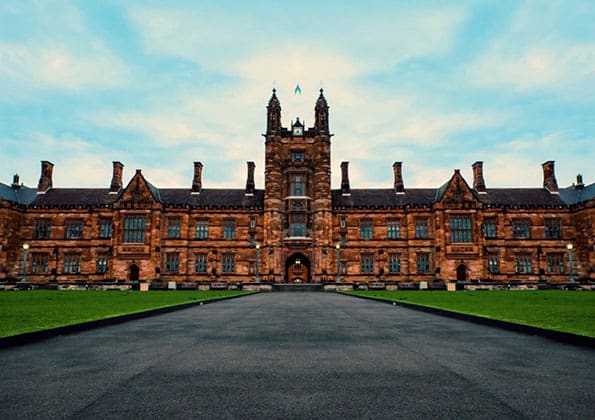In 2010, when the Federal Government of the time proposed a scheme to tax the ‘super-profits’ of mining royalties, there wasn’t a corridor in Canberra that wasn’t filled with the professional persuaders of the mining lobby. These industry lobbyists targeted public opinion too, launching an advertising campaign across the country that ultimately resulted in concessions and backflip by the government of the day.
Across every sector, you can find examples of that kind of professional resolve for the interests of that particular industry. The Australian Banking Association blocked the Royal Commission for years and Catholic Schools Australia won a revamp of Gonski after being initially unsatisfied.
Yet when it comes to tertiary education, Australia’s universities and the 100,000 staff that make up this sector are continuously left without any effective industry lobby group who are in any way standing up for their interests.
The two respective bodies – Universities Australia and the Group of Eight (Go8) – have failed students and staff over the last few months.
It is natural to expect that COVID-19 and international border closures would cause detriment to the tertiary education industry. It is unnatural to expect that the industry is so ambivalent about demanding assistance in a time of need. The sector was intentionally omitted from JobKeeper, resulting in hundreds of job losses so far, with thousands more likely. The industry in response summoned all their grand forces of persuasion, issuing a statement that they were “disappointed”. Since then, it’s been acquiescence and silence, with the bodies not giving any response to the revelation that an American university had been given access to the JobKeeper program.
Even more disappointingly, these two industry groups have conceded to the government on the proposed changes to degrees and HECS, which will be a fee hike for thousands of future students. After initially being, you guessed it, “disappointed”, the industry has now just given an “ok” to the decimation of the Arts faculties in Australian universities. “You wouldn’t find many principals who’d support government cuts to their school’s budget, or who’d support policies that would disadvantage their kids”, said Shadow Education Minister Tanya Plibersek in response to the concessions.
One may try to defend these industry bodies of operating tactically with a conservative government. When the Coalition is engaged in an ideological battle to undermine the position of higher education, it is better to play your cards right, apparently. Under this hypothesis, the shots from the industry are fired less frequently, being reserved only for the most serious of changes. Unfortunately, this doesn’t make sense on two bases.
First, the other industry groups mentioned earlier show that there is no “tacit warfare” when it comes to these changes. The best response of a well-paid industry lobby group is to continually be on the attack, aim to destroy detrimental changes and never take the finger off the trigger.
Second, the “saving your bullet” metaphor makes no sense when Universities Australia came out in favour of the most disastrous proposed change to the sector that students and staff have ever seen – fee deregulation in 2014. The plan, which risked the livelihoods of students and the jobs of staff, was supported by the sector. Latest approval of further ideas for decimation of the industry should come at no surprise.
Ultimately, recent history informs us that these lobby groups cannot be effective allies of students and staff in the fight for their own industry. These bodies are unrepresentative, undemocratic and unwilling to pursue the interests of those that they claim to represent.
It is nice to dream of an industrial lobby group that was run in parallel to the students and staff it should serve. Picture the President of the National Union of Students (NUS), and the Chair of Universities Australia standing side-by-side with a plea to the government, and people of Australia, for the care and salvation the industry needs. Combined with effective lobbying, protest action, and community support, the direction of higher education in Australia could be turned around.
Regrettably, that is unlikely to come true. Instead, students and staff are left to fight for themselves. And they may win the battles yet to come, as they did in 2014. It’s just a pity that they’ll have to do it without the assistance of bodies that purport to represent them.





